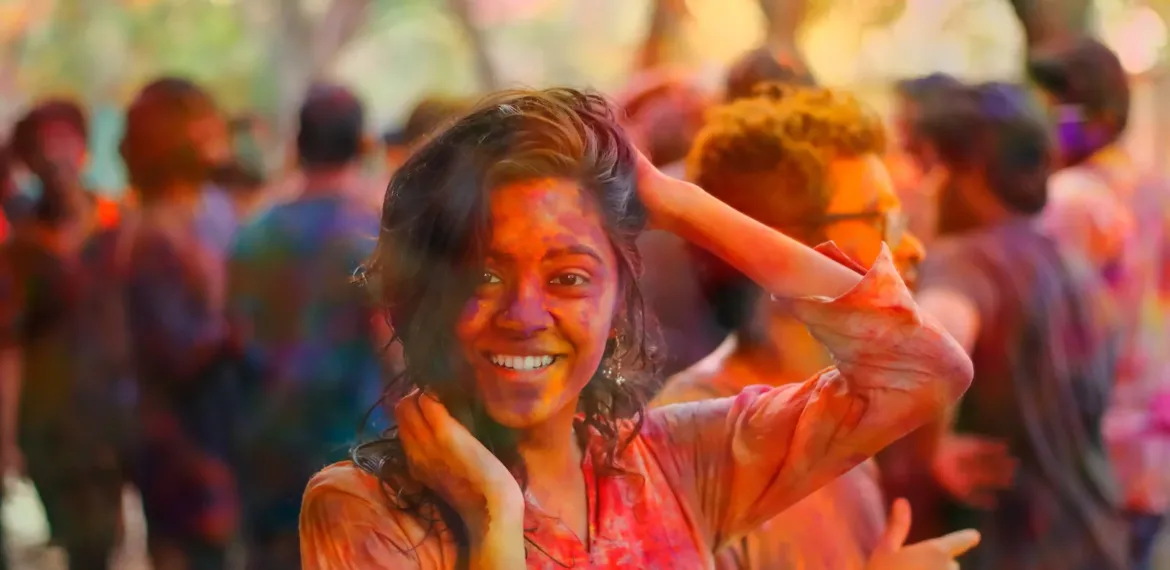“Discover Poland’s rich cultural heritage and avoid cultural missteps during your travels.”
– Do widzenia (doh veed-zen-ya) – Goodbye
– Proszę (proh-sheh) – Please
– Dziękuję (jen-koo-yeh) – Thank you
– Tak (tahk) – Yes
– Nie (nyeh) – No Etiquette Polish etiquette is based on respect for others and a strong sense of tradition. When meeting someone for the first time, it is customary to shake hands and introduce yourself. Poles also place a great deal of importance on punctuality, so it is important to arrive on time for appointments and meetings. When dining in Poland, it is considered polite to wait for the host to begin eating before you start. It is also customary to keep your hands visible on the table and to avoid resting your elbows on the table. When toasting, it is customary to make eye contact with each person and to clink glasses with everyone at the table. Conclusion In conclusion, understanding Polish culture can greatly enhance your travel experience and help you avoid any cultural faux pas. By familiarizing yourself with the country’s traditions, customs, language, and etiquette, you can connect with locals on a deeper level and gain a greater appreciation for the country’s rich cultural heritage. Whether you are visiting Poland for the first time or are a seasoned traveler, taking the time to learn about the country’s culture is well worth the effort.
Exploring Polish Culture: Traditions, Customs, Language, and Etiquette for a Richer Travel Experience
Poland is a country with a rich cultural heritage that is reflected in its traditions, customs, language, and etiquette. Understanding these aspects of Polish culture can greatly enhance your travel experience and help you avoid any cultural faux pas. In this article, we will explore some of the most important elements of Polish culture. Traditions Polish traditions are deeply rooted in the country’s history and religion. One of the most important traditions is the celebration of Christmas Eve, known as Wigilia. This is a time for families to gather together and share a meal, which typically includes 12 dishes representing the 12 apostles. Another important tradition is the celebration of Easter, which is marked by the blessing of food and the painting of Easter eggs. Polish weddings are also steeped in tradition. The bride and groom typically exchange vows in a church ceremony, followed by a reception that includes traditional dances such as the polka and the oberek. The bride may also wear a wreath of flowers on her head, which symbolizes her purity. Customs Polish customs are closely tied to the country’s traditions and are often centered around family and community. One of the most important customs is the practice of hospitality. Poles are known for their warm and welcoming nature, and it is customary to offer guests food and drink when they visit. Another important custom is the celebration of name days. In Poland, each day of the year is associated with a particular name, and people celebrate their name day in much the same way as they would a birthday. This is a time for family and friends to gather together and share a meal. Language The Polish language is a Slavic language that is spoken by over 50 million people worldwide. While it may seem daunting to learn a new language, even a few basic phrases can go a long way in helping you connect with locals and navigate your way around the country. Some useful phrases to know include: – Dzień dobry (jen doh-bri) – Good morning/afternoon– Do widzenia (doh veed-zen-ya) – Goodbye
– Proszę (proh-sheh) – Please
– Dziękuję (jen-koo-yeh) – Thank you
– Tak (tahk) – Yes
– Nie (nyeh) – No Etiquette Polish etiquette is based on respect for others and a strong sense of tradition. When meeting someone for the first time, it is customary to shake hands and introduce yourself. Poles also place a great deal of importance on punctuality, so it is important to arrive on time for appointments and meetings. When dining in Poland, it is considered polite to wait for the host to begin eating before you start. It is also customary to keep your hands visible on the table and to avoid resting your elbows on the table. When toasting, it is customary to make eye contact with each person and to clink glasses with everyone at the table. Conclusion In conclusion, understanding Polish culture can greatly enhance your travel experience and help you avoid any cultural faux pas. By familiarizing yourself with the country’s traditions, customs, language, and etiquette, you can connect with locals on a deeper level and gain a greater appreciation for the country’s rich cultural heritage. Whether you are visiting Poland for the first time or are a seasoned traveler, taking the time to learn about the country’s culture is well worth the effort.

